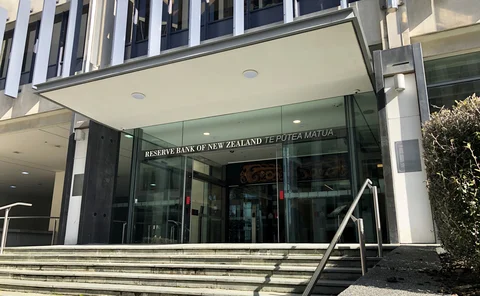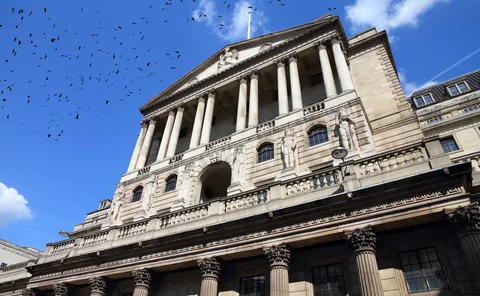CB Opinion
Navigating the hazards of inequalities
Inequality poses a serious challenge for central bank communications, says Mike Hannah
ESG investment must grow to achieve zero carbon emissions
Action is needed to scale up green investment and tackle information issues, writes Sayuri Shirai
A latent rise in r* could upend monetary policy
A rising natural rate could create serious challenges for policy-makers, write Jorma Schäublin and Philip Turner
A bellwether moment for CBDC plans
The launch of the ‘sand dollar’ may herald a new era of CBDCs as the Fed and ECB step up their preparations
Future of cash: what we can learn from the history of money
Central banks must take a broad view of efficiency if they are to preserve the benefits of cash, says Antti Heinonen
The Bank of Japan must adjust its monetary policy
Sayuri Shirai says the central bank needs to make its policy more sustainable. The BoJ is running out of ways to generate further monetary stimulus
Measuring the exceptional speed and scope of Covid-19 monetary policy
Policy actions during the first wave of the pandemic were extraordinary for their intensity, scope and speed. Other patterns also emerge on closer inspection
A digital opportunity to transform financial reporting
The Covid-19 pandemic raises the urgency of digitising supervision, say David Hardoon and Viswanathan Namasivayam
Fed faces longer-term challenges under new policy strategy
Steve Kamin warns central bank may not have paid enough attention to why r* has fallen
Whither the age of ‘magic money’?
EME central banks are more exposed to changes in geopolitics, climate, demography, technology and inflation at a time when monetary theory is running well behind central bank practice
The dawn of average inflation targeting
The Fed has failed to explain how it will calculate the ‘average’ for its new AIT framework, raising new risks that central bankers would do well to reflect on
Public policy lines blur: implications for reserve managers
Crisis-fighting has pushed central banks into new forms of risk-taking, and this is now spilling into reserve management, says Jennifer Johnson-Calari
Global banknote developments before and after Covid-19
Antti Heinonen looks at how the pandemic triggered sharp changes in demand for cash
Estimating the cost of a pandemic grant for the world’s poorest economies
The cost of support measures for vulnerable economies is manageable, says Steve Kamin, but political leadership may be lacking
Central Banking’s strategic changes for a new era
New institute, benchmarks, virtual training and online event weeks launched
A new research agenda for the Bank of England
To manage the risks and opportunities of rapid financial innovation, policy-makers must look to cutting-edge research, writes Andrew Bailey
Japan’s economy needs bolder policies
PM Abe announces decision to step down with many goals still unachieved
Covid-19: a watershed moment for China’s BRI?
China faces a delicate balancing act when it comes to forgiving and restructuring Belt and Road Initiative debt while preserving the soundness of its financial institutions
How will Covid-19 hit central banks’ financial results?
The Covid-19 crisis has affected central bank incomes from seigniorage and other sources. But by how much, ask Zbigniew Polański and Mikołaj Szadkowski
How vulnerable are EMEs to renewed Covid-19 turbulence?
Emerging markets face twin pressures from the health crisis and global financial forces, says Steve Kamin
What makes for good financial supervision?
The Wirecard debacle has led to calls for more effective oversight in Europe. Andreas Dombret identifies four essential elements
Balancing data policies: what Covid-19 taught us
New rules are needed for data-sharing at a national and international level, write Theodoros Evgeniou, David Hardoon and Anton Ovchinnikov
NGFS offers concrete next steps to assess climate vulnerabilities
New climate risk scenarios will be incorporated into Bank of England stress tests and Bundesbank economic modelling, write Sarah Breeden and Sabine Mauderer
Central banking enters a new era
Central banks face a delicate balancing act to preserve their reputations as they evolve into ‘buyers of last resort’ and some of their actions appear functionally equivalent to ‘monetary financing’























